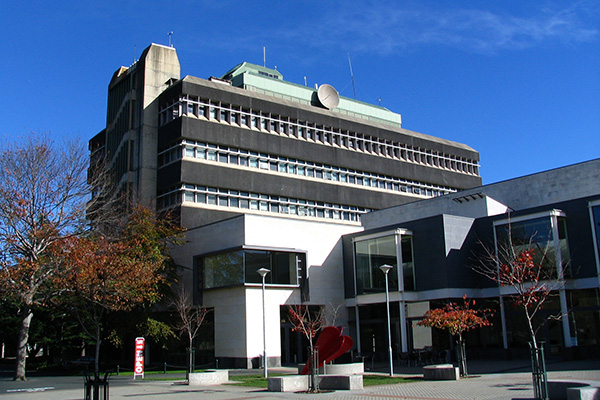Otago Sciences Less Valuable Than Waikato’s, says MBIE
The University of Otago is “disappointed” to see a 85.6 per cent ($11.3 million) drop from the $13.2 million it received last year, putting this year’s total at only $1.9 million for just two different projects.
In comparison, the University of Auckland received $17 million, the highest of any university. The University of Waikato and Massey University also received more funding than Otago.
Considering that “a number” of the University of Otago’s projects were “very well rated by the referees,” Deputy Vice-Chancellor of Research and Enterprise Professor Richard Blaikie said the University was disappointed to see only two of them receive funding.
“What we gained in new contracts next year more than compensates for what MBIE contracts we have coming off. It’s [a] net positive, but not as good a result as we would have hoped for,” Professor Blaikie says.
In terms of the two projects that were funded, Blaikie said that “it is exciting to see this significant support for innovative Otago research proposals that have great potential to benefit both our economy and environment.”
Both of the funded projects came out of the Department of Biochemistry and fit into the “Smart Ideas” category, designed to promote and support “research into novel, promising ideas that can create benefit for New Zealand.”
Receiving $920,000 from the Biological Industries Fund, Associate Professor Peter Dearden’s investigation into “selective insecticides” aims to develop new bee-friendly insecticides.
“There is conflict between the use of insecticides to protect our crops and the damage these insecticides cause to beneficial insects such as bees. One way to solve this problem is the development of insect-killing genetically modified plants, but here in New Zealand there is public disquiet over such an approach,” Dearden’s proposal said.
“Here we propose to begin the process of developing the next generation of insecticides, ones that are effective against pests, but have no effect on bees.”
Dr. Monica Gerth and Dr. Wayne Patrick’s “Manufacturing molecules through enzyme engineering” aims to “enable bio-manufacturing of key industrial chemicals,” and received its $1 million in backing from the High Value Manufacturing and Services Research Fund.
Gerth and Patrick’s research seeks “to develop new bio-manufacturing processes for two chemicals (butanone and 2-butanol) that are currently produced from petroleum.” These chemicals are key ingredients in paints, varnishes, adhesives and the rubber used in car tyres.
Concluding that “this research has the potential to establish NZ as a centre of the global green chemical market, which is projected to grow from $2.8 billion in 2011 to $98.5 billion in 2020,” it seems likely that their optimism was key in ensuring their success.




